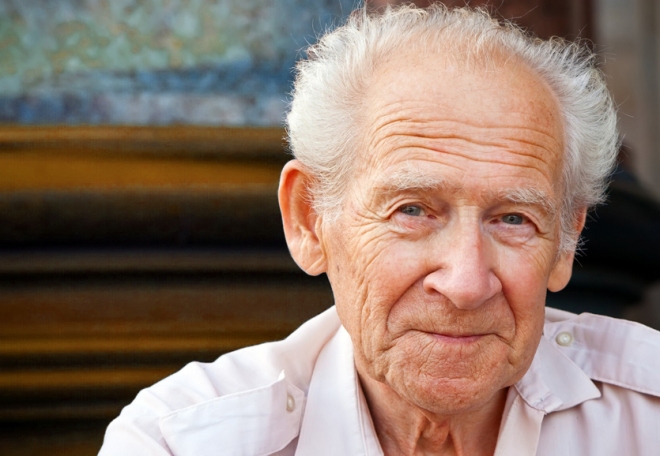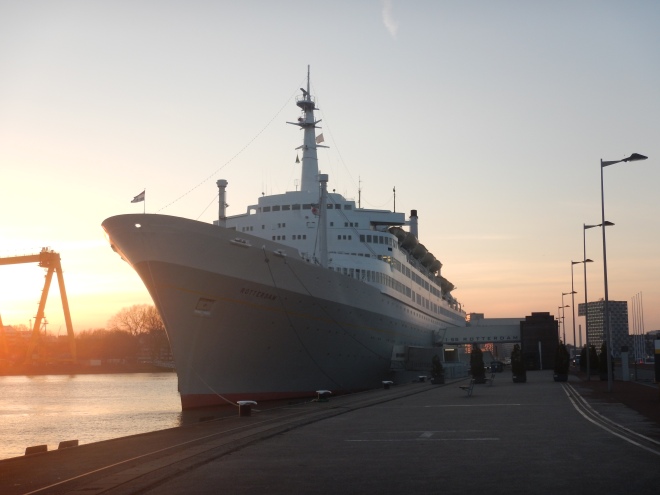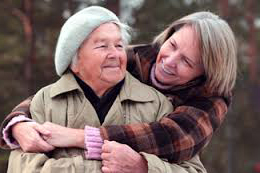Kevin, a traveler I helped over the course of four months and twenty very long, rambling email sessions, was eager to remind me that he’s almost double my age. He also trumps my “country conquest numbers”; by July 2000, he’d been to 80 countries around the world. He took a break for a year to have surgery on his knee. By September 2011, he was ready to travel again. On September 15, 2001, he canceled his his scheduled trip to Cape Town, South Africa. Then over 14 years passed.
Kevin’s granddaughter grew up and majored in international relations. Kevin’s passport expired. He stopped making weekend trips from his native Edinburgh to London. “I used to be able to make that trip on a bike,” he said. Sure, it would take him a couple days. Now it would take him a couple days to dig out his bucket list, read it, realize he was “better off” at home, and go back to watching National Geographic lion cub videos.
I wasn’t sure how to help him at first because I didn’t know what the problem was. Fear of terrorism? Fears of violence or illness in South Africa? I told him I happened to be going to South Africa on May 24, 2016. I could work through his fears as I confronted my own, and we did a lot of that through our emails. It eventually became clear what he was most afraid of: not living up to the “standard” he’d once set as a younger traveler. He would be ashamed and embarrassed to tell anyone he knew that he did what he secretly wanted on a trip– sit around and enjoy his hotel room all morning, eat a deli-mart breakfast on the beach instead of eating shark meat or something else to tell his friends about back home, and then go on a day safari instead of renting a jeep and plunging into the backroads to see the lions in what he said would just be a “stressful” experience. He said he wanted to take it easy and see the animals, not have to constantly monitor them. But…
“Travel is like a sport to me,” he wrote. “I have this feeling that if I’m not going to make a great accomplishment, and get every minute out of every hour, then I shouldn’t even bother playing, Rita.” How do I get an ambitious perfectionist to relax and do what he truly wants with his hard-earned vacation money?
“What if you didn’t tell anyone where you were going?” I asked him.
“What?”
“Don’t tell anyone,” I said. “Then there’s no updating your Facebook page with travel “accomplishments.” There’s no racing around town to find people the “best” souvenirs. There’s no exhausting yourself just so you look like a hero with a passport.”
I lost contact with him for a week. Then, all of a sudden, an update on his Facebook page: he was taking a three-week bike trip from Edinburgh to London. He wasn’t taking his iPhone, much to the chagrin of a lot of his 733 FB friends. He was going off the grid. Don’t even bother looking for him in the hills outside London, he announced on his wall. Then he wrote to me: “Need you to help me buy a three-week trip to Africa. Never bought airline tickets online before!”
Conveniently enough, British Airways flies nonstop from London to Cape Town and back. I didn’t dare mention the escapade last year to Kevin about two South African refugees who hitchhiked in the plane engine all the way back from Cape Town to England. He wrote to me a few hours after he checked into his hotel overlooking the Table Mountains.
“This doesn’t feel like Country #83,” he said. “It feels like Country #1.”
We agreed he should avoid all subliminal reference to anything being “#1.” But, dang, Kevin, you beat me to it. My flight for Cape Town doesn’t leave for three more weeks.

Alpha male with a plane ticket


